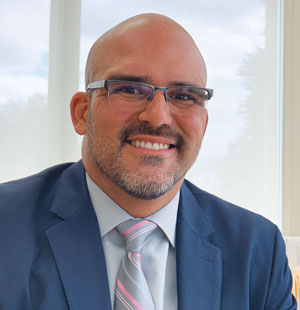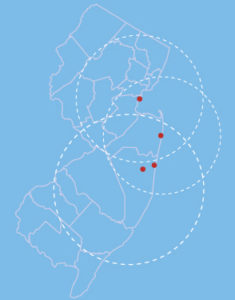
Children with autism and other special needs frequently engage in challenging behaviors that negatively affect the whole family. For families seeking solutions, it’s important to remember that challenging behavior serves a purpose for the child.
According to Behavior Analyst, Meme Hieneman, if we pay attention, the behavior can communicate important information. She says, “The purpose of challenging behavior is to get or avoid something.” Once the parent, teacher, or caregiver understands what the child is trying to get or avoid, we can teach the child a replacement behavior and thereby replace the negative behavior with a more positive way of getting the child’s needs met.
This is much easier said than done and requires a great deal of patience and empathy. Paying attention to the child’s environment, anxieties, sensory issues, physical discomfort, and anything else that could be causing stress can help you understand why the behavior is happening. All of these underlying issues are important clues that can help you replace the challenging behavior.
A Replacement Behavior Example 1
For example, when my stepson screams or hits during computer school, I know he is tired or frustrated or just sick of working. He wants to avoid schoolwork and that is a completely relatable feeling! Instead of getting upset by the challenging behavior I try to have empathy for the underlying emotions. And while he can’t avoid school forever, I am starting to teach him to replace the behavior with more proactive communication.
Parent: If you are too tired to keep working, you can ask for a break.
Child: Break.
Parent: OK, let’s take a 1-minute break from school.
During the break, he can play with a toy or watch a video or pet our cat. Sometimes he just wants a hug or some reinforcing praise from me. After that, I remind him that we need to work again, but if he does good behaviors, then he can earn iPad when school is done. This is extremely motivating for him, and he can usually finish the task at hand, but if he needs more breaks, I always let him stop if he communicates that in a positive way.
A Replacement Behavior Example 2
Another example shows how he would use challenging behaviors to get something he wants. He would often angrily slam the door on the way out of the house. His father and I assumed he was unhappy about leaving and thought, “Well, that’s just the way it is. There is nothing we can do about it.” But one day, we decided to dig deeper. We asked him to communicate his feelings with us and we discovered there was something we could do about it.
Parent: Do you have feelings you want to tell us about?
Child: Sad.
Parent: What’s making you sad?
Child: Toy
Parent: You want to stay home and play with your toys?
Child: Yes.
Parent: Well, we can’t stay home right now because it’s time to go to (school, therapy, etc.) What if we let you choose a toy to bring with you? Would that make you happier?
Child: (smiles excitedly) Yes.
Final note to parents
Okay, it’s not always this easy, but the small wins like this make the bigger meltdowns less frequent and easier to manage. Gradually, he is learning that he can use the word “break” or “sad” instead of hitting or kicking something. He now knows that as soon as he communicates his needs in a positive way, we will work with him to come up with a compromise where he is able to get what he wants or have the chance to earn what he wants.

Alpha School a private special education school in New Jersey
Our mission at the Alpha School of Jackson, NJ, located just minutes off of Route 9 and Route 195 in Ocean County, is to help all of our special needs students with the learning, social, language, and behavioral support they deserve. Our highly skilled staff are committed daily to helping each student become the best they can while providing a safe and nurturing educational environment.
We would be more than happy to discuss your child’s specific needs and challenges, so please call us at 732.370.1150, with any questions. To get started, please contact your District's Case Manager.
— John Gonzalez, Principal-Alpha School, Jackson, NJ
About RKS Associates
At all the RKS Schools we pride ourselves in discovery the hidden treasures of all of our students. Our academic and support services are appropriately customized for a student unique and diverse needs so that they can reach their full potential.
Alpha School is part of special needs network of schools located in Monmouth, Middlesex and Ocean County New Jersey. Since 1980 the RKS Associates schools have been leaders in helping special needs helping students with various disabilities including autism, Down's syndrome, communication, learning, social, behavioral and emotional disabilities. The range of services RKS schools provide is academic instruction and speech, occupational and physical therapies. In addition to Life Skills, Technology, and a full complement of Support Services.

